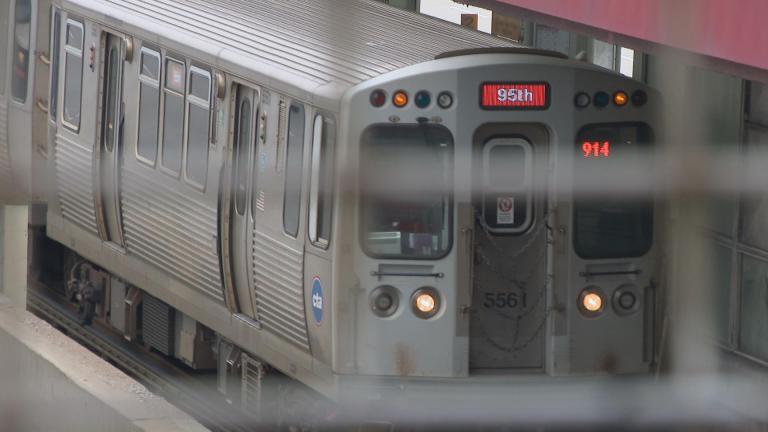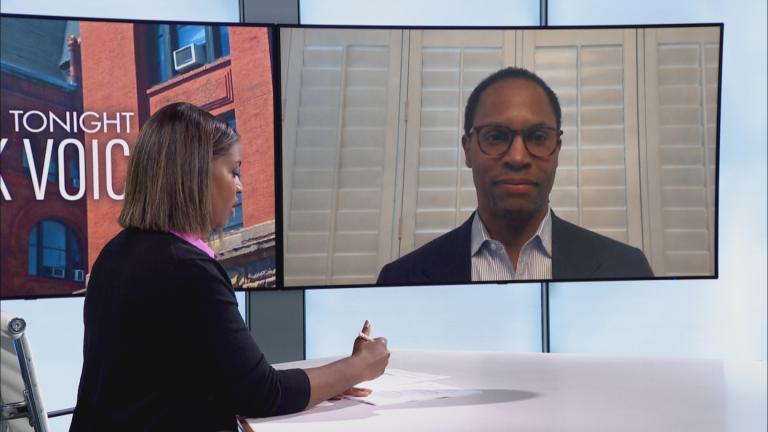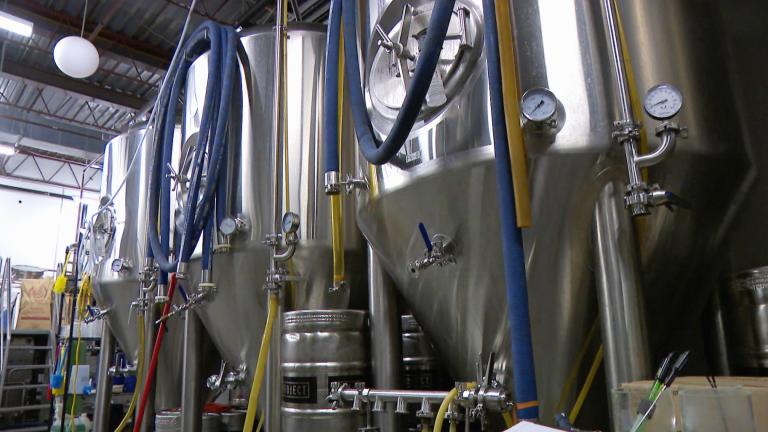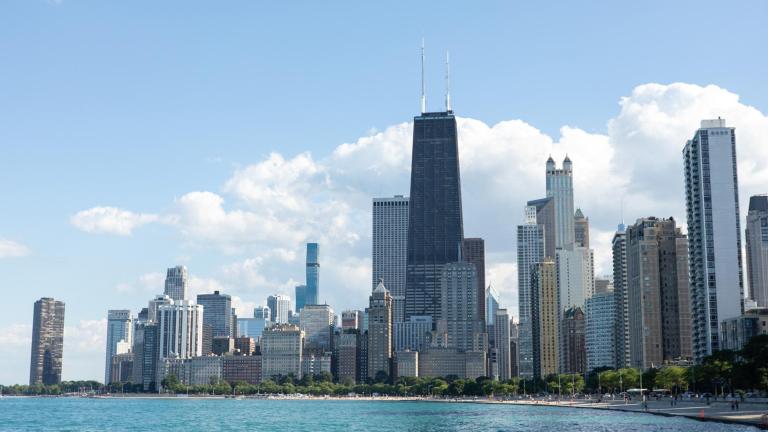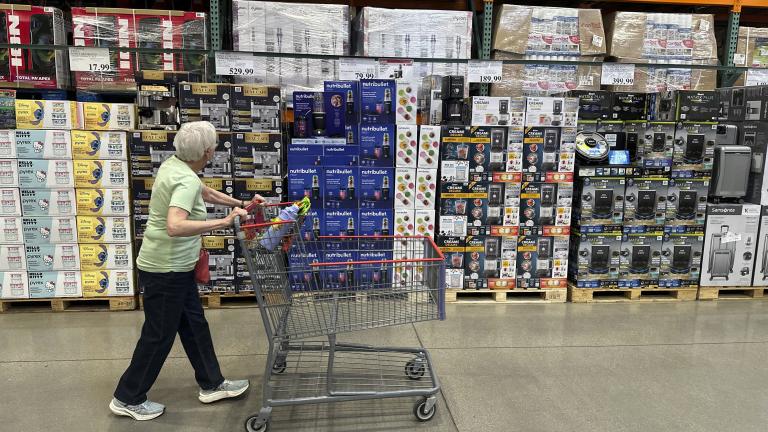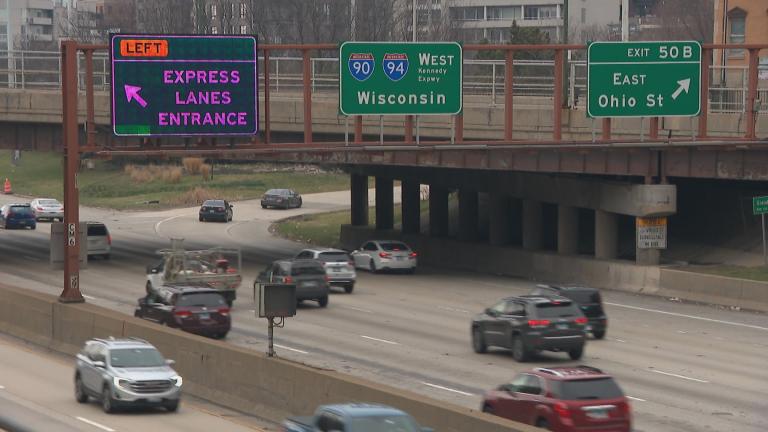Business
The stations, located at Lawrence, Argyle, Berwyn and Bryn Mawr, will open to the public beginning July 20. City officials said this will mark the largest simultaneous opening of stations since the Orange Line opened in 1993.
Illinois state officials are interested in attracting the nascent industry because of its potential for economic growth and positioning Illinois as a high-tech leader in the coming decades.
The lack of a contract between the city of Chicago and Commonwealth Edison inked in the 21st century has tied the city’s hands in the fight against climate change and halted efforts to transition to clean energy.
Ahead of the group’s annual conference this weekend, the Rainbow PUSH Coalition is planning a protest Thursday at the downtown Target on State Street.
Chicago native Natasha Olguin has been named deputy commissioner of the Chicago Film Office.
Businesses and manufacturing are starting to feel the impact of steel and aluminum tariffs that took effect Wednesday. The Trump administration is putting a 50% tax on these metals when they’re imported from other countries.
The report draws from research from the New School’s Institute on Race, Power and Political Economy, which found that in 2024 the median net worth for Black Chicago-area households was zero dollars — compared to $210,000 for White households.
Foreign-made steel and aluminum is used in household products like soup cans and paper clips, as well as big-ticket items like a stainless-steel refrigerators and cars.
The ban was supposed to take effect on July 1, but lawmakers voted with strong bipartisan majorities Sunday morning to pass House Bill 742 to push the ban back until July 2026.
Over the past month, Trump has said he’d like to target two specific and very different companies — Apple and Mattel — with tariffs aimed at their key products over comments by their CEOs.
A key U.S. inflation gauge slowed last month as President Donald Trump’s tariffs have yet to noticeably push up prices.
Outbound express lanes on the Kennedy are reopening Sunday, a month ahead of schedule.
Experts say making iPhones in the U.S. would upend the way Apple builds its most lucrative product. Moving iPhone production to the US would mean shifting away from countries like China and India that have the highly specialized workforce and skills.
In light of recent storms in Illinois, residents should be on alert for scammers looking to exploit homeowners and business owners in need of repairs from storm-related damage, according to Illinois Attorney General Kwame Raoul.
After 60 Years of Free Checked Bags, Southwest Airlines to Start Charging This Week. Here’s How Much
Southwest Airlines has put a price tag on checking bags, a coveted free perk that is about to disappear as part of substantial changes the carrier is making to its service.
In what had long been celebrated every May 30 to honor America’s fallen soldiers, Memorial Day officially became a federal holiday in 1971, observed on the last Monday in May.

